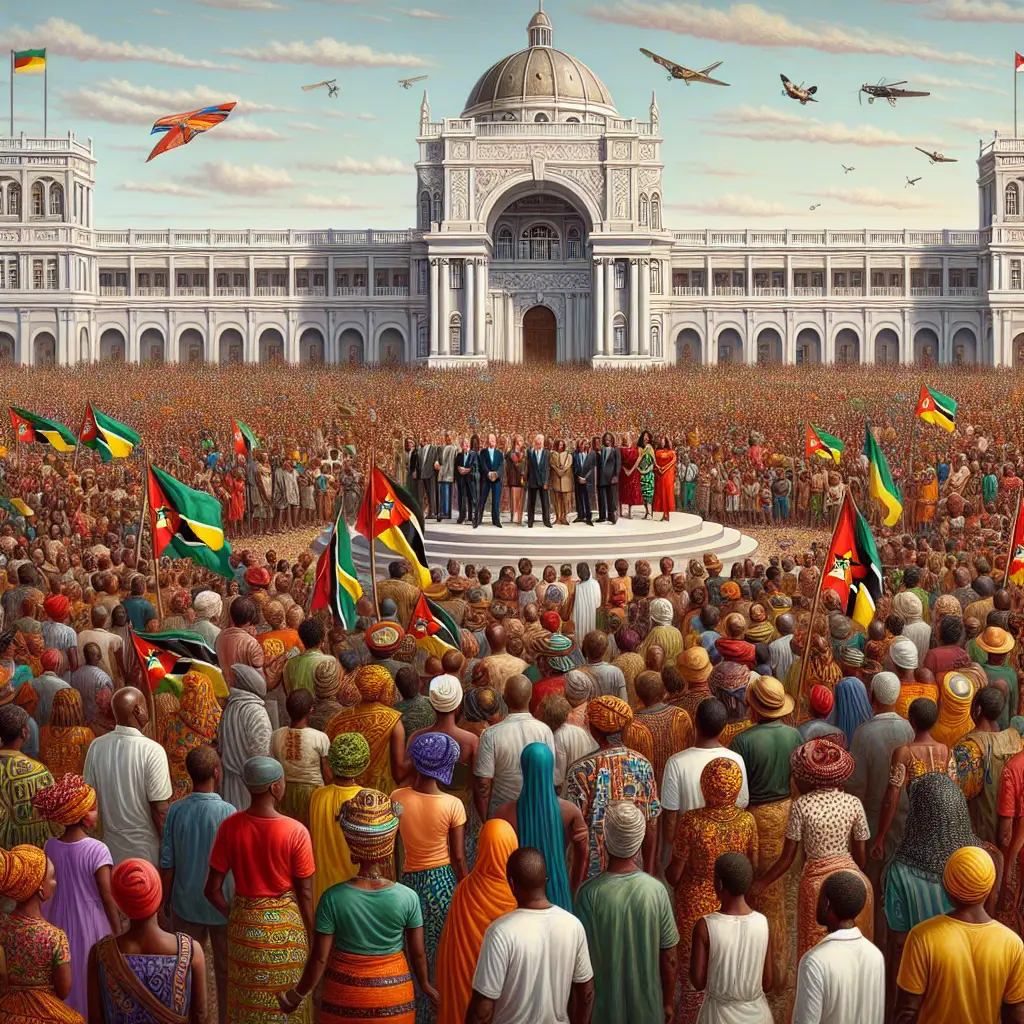Election Results in Mozambique Spark Heated Debate
Controversial Decision Upholds Victory for FRELIMO
The Constitutional Council of Mozambique has upheld the election victory of the country’s ruling party, FRELIMO, amid growing accusations of electoral irregularities and voter suppression. The court’s decision solidifies FRELIMO’s continued hold on power but has left opposition parties and civil society groups questioning the fairness of the process. This ruling has triggered widespread criticism, both domestically and from international observers.
Opposition Claims Election Irregularities
Mozambique’s main opposition party, RENAMO, has alleged numerous counts of fraud during the elections, including tampering with results and intimidation at polling stations. Despite these claims, the court rejected any evidence brought forward, citing insufficient proof to annul the outcome. The decision has further strained an already fragile political climate in Mozambique.
Key Highlights:
- FRELIMO’s Continued Rule: The ruling party has maintained dominance since Mozambique’s independence, and this result extends their control.
- Unrest Among Citizens: The judgment has fueled protests and growing dissatisfaction over political transparency.
- Concerns of Democracy Under Threat: Many fear the ruling could weaken public trust in democratic institutions.
Global Implications and Concerns
This contentious ruling has raised red flags among international watchdogs about the health of Mozambique’s democracy. The Southern African Development Community (SADC) and other global organizations have expressed concerns, calling for thorough investigations into alleged irregularities.
What This Means for Mozambique
The court’s decision is likely to have significant long-term consequences for Mozambique’s political landscape. Upcoming local and national elections may witness a surge in demand for electoral reform. Meanwhile, opposition parties face the challenge of rebuilding public trust and mobilizing grassroots support to counter the ruling party’s dominance.
The Way Forward
Mozambique stands at a crossroads. To restore public confidence, transparent measures need to be implemented swiftly, including greater oversight in future elections. Failing to address these issues could deepen political divisions and disrupt the nation’s development trajectory.
Conclusion
The recent court ruling underscores the growing tension between political power and democratic integrity in Mozambique. The debate over election transparency and fairness is far from over, and it remains to be seen how the government will address the national and international scrutiny.
As the citizens of Mozambique make their voices heard, the path forward calls for unity, reform, and a recommitment to democracy.
“`







